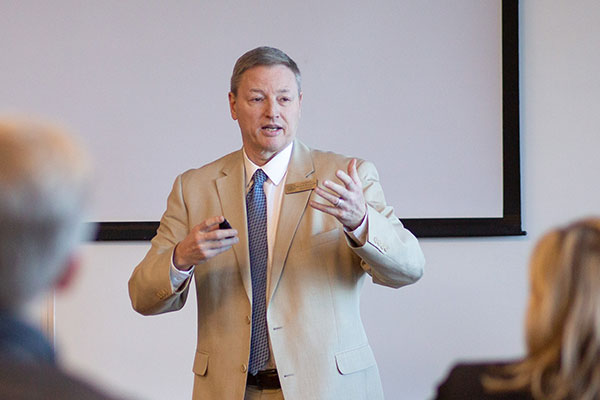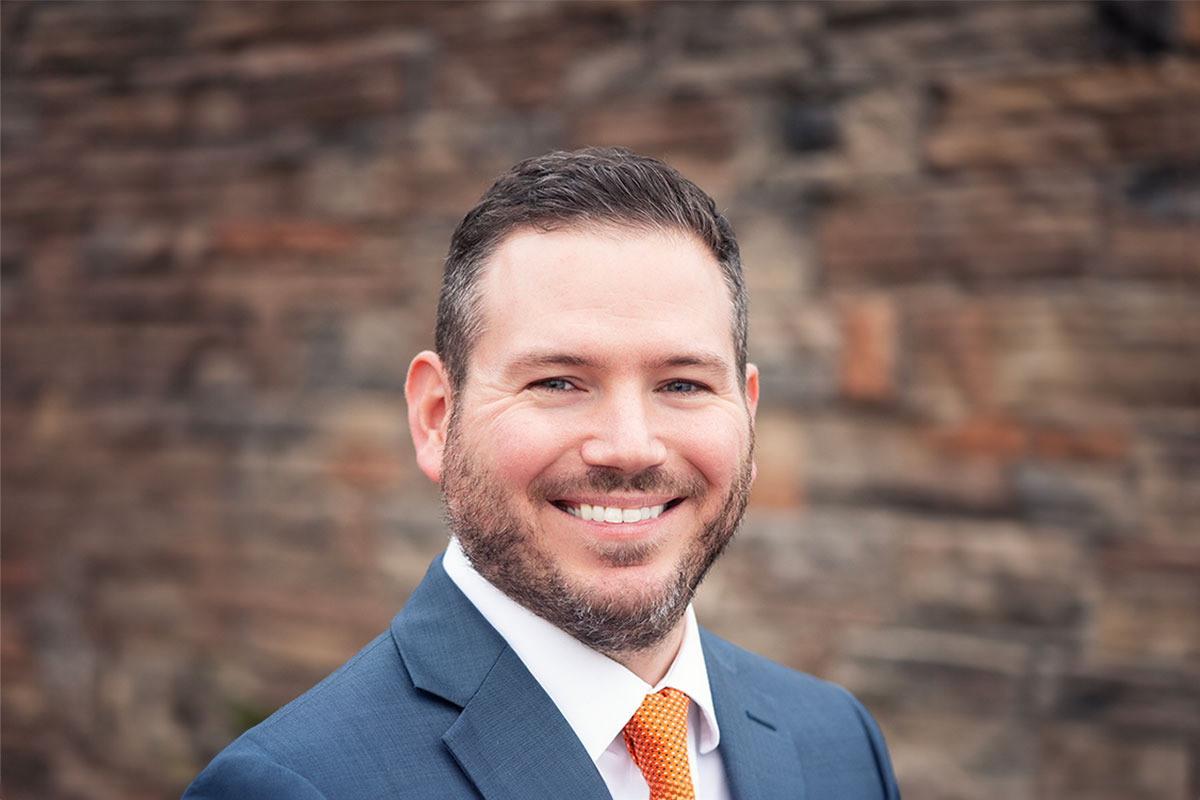Search News Archives
Filter News Articles
Additional Navigation
Liberty professor publishes ‘5 Love Languages’ book for adoptive parents
October 29, 2024 : By Ryan Klinker - Office of Communications & Public Engagement
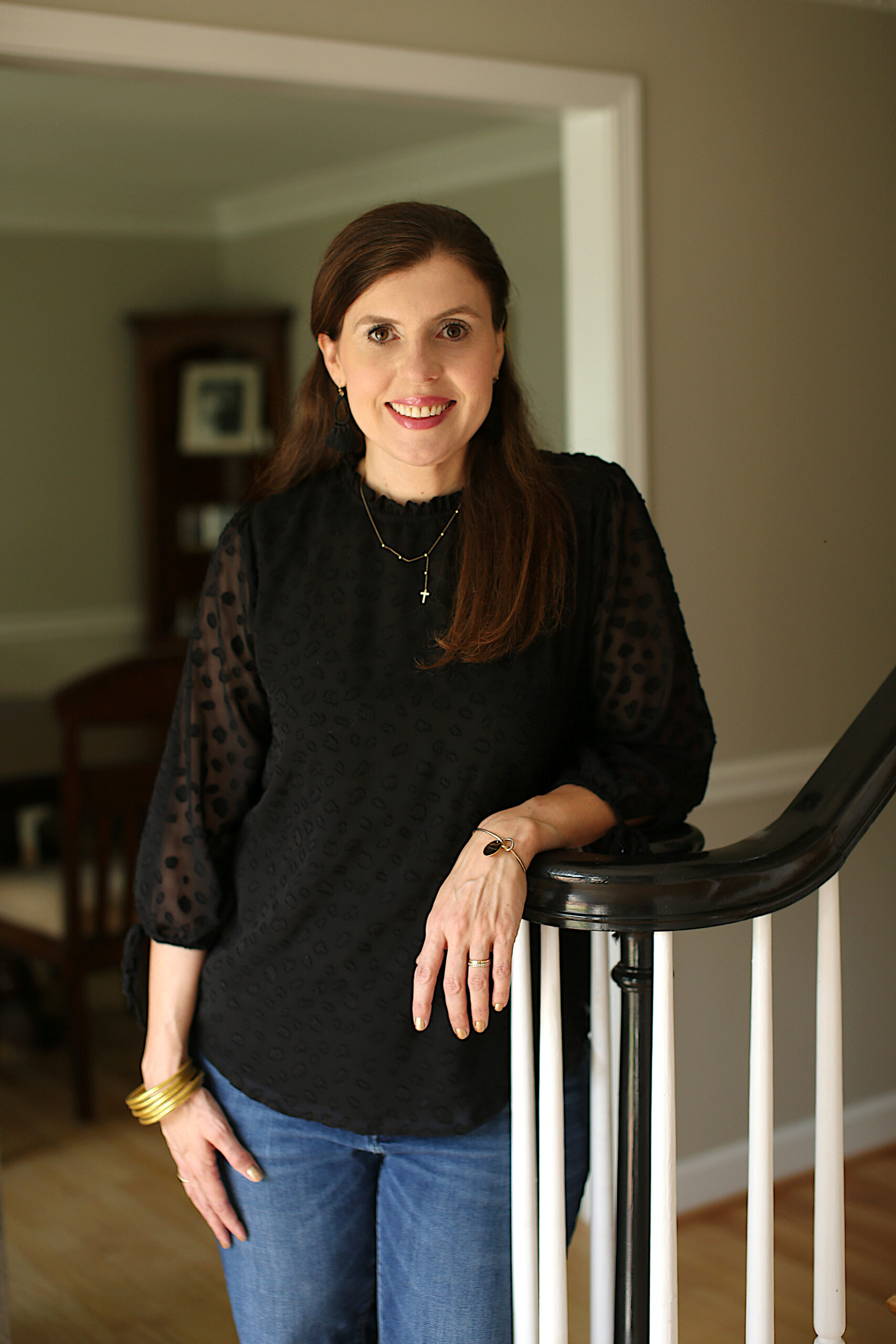
Dr. Laurel Shaler from Liberty University’s School of Behavioral Sciences is using her personal story and experiences as an adoptive mother to help others show their adopted children intentional love and care in the most effective ways.
Based on Dr. Gary Chapman’s bestselling “The 5 Love Languages” series, Shaler partnered with Chapman to write “Loving Adopted Children Well: A 5 Love Languages Approach,” published earlier this year.
Shaler is a co-director and professor of clinical mental health counseling for Liberty’s Department of Counselor Education and Family Studies, beginning as an adjunct professor in 2012 and starting full time in 2013.
She has a wide variety of clinical experiences, including working with women, adolescents, veterans, couples, and groups as a licensed counselor, clinical social worker, and marriage and family therapist.
When Shaler and her husband, Nick, chose to build their family, God brought them three children: a daughter in 2017 and a son in 2019 (both through traditional adoption), and a daughter through embryo adoption in January of this year.
In becoming a parent, Shaler said she read countless books on parenting, including Chapman’s “The 5 Love Languages of Children,” and she realized the need for a book of this kind that would speak directly to adoptive parents about the unique ways the love languages manifest for their child.
“I thought, ‘This is great, there’s so much wonderful information here.’ But at the same time, I wondered if it could be made a little bit more applicable to adoptive families like my own,” she said. “I got to talk with Gary Chapman’s acquisitions editor, and we started developing this idea for the possibility of writing a book that was specific to adoptive families. He pitched it to Gary Chapman, he and I talked, and we agreed that this would be a good opportunity.”
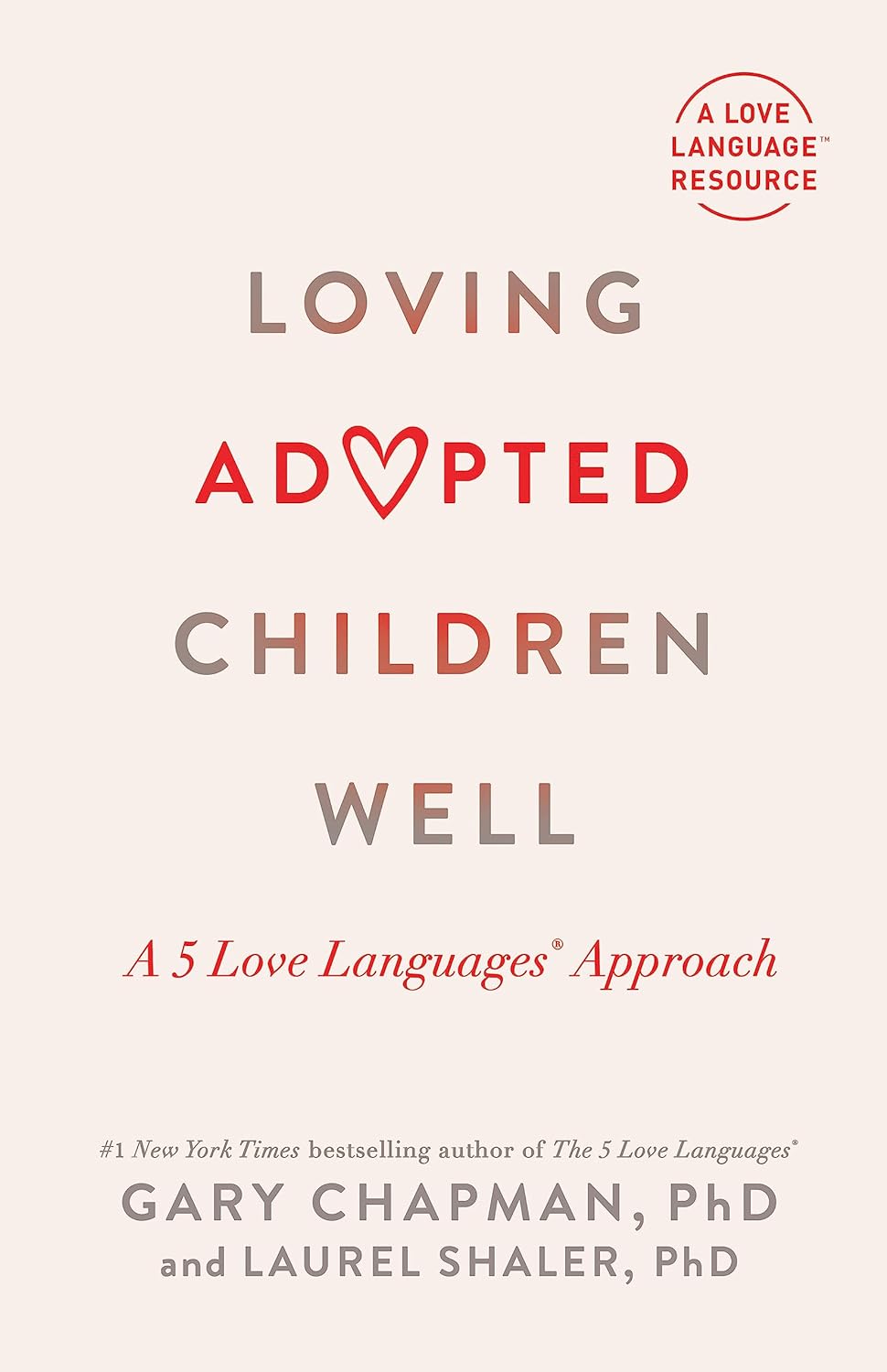
For the book, Shaler called on her firsthand knowledge and experience of loving adopted children and seeing how the love languages applied within her family. The language of physical touch, she pointed out, is understandably used differently with an adopted child who may be at a different level of trust or safety depending on the child’s background or needs.
“A part of what I communicate with audiences about this topic is that all children need all five love languages, and I’m not suggesting that that changes because the child is adopted, but sometimes how you apply them might look a little bit different,” she said. “You really have to look at these children who have possibly come from hard places. We need to be looking at how you can treat each one of them individually and holistically.”
Adoption always begins with some form of loss, Shaler explained, as the child has lost their biological parents and the family home in one way or another.
“When you think about that loss, and you think about the trauma of that loss, being able to help them — not just to have safety but to feel safe and develop trust with their new family — is so critical,” she said. “Sometimes we get caught up in the joy of adoption, because there is joy and there is redemption, and we are giving children in need a permanent, stable, safe, loving home. But we also have to remember that it starts with a (broken) bond, and (we must) not forget that piece as we use the love languages to build that trust and safety.”
Shaler said adoption is found throughout the Bible, including the adoption of believers into the family of God when they receive His grace and salvation, but earthly adoption itself is not for everyone. However, as James 1:27 says, Christians are called to “look after orphans … in their distress.”
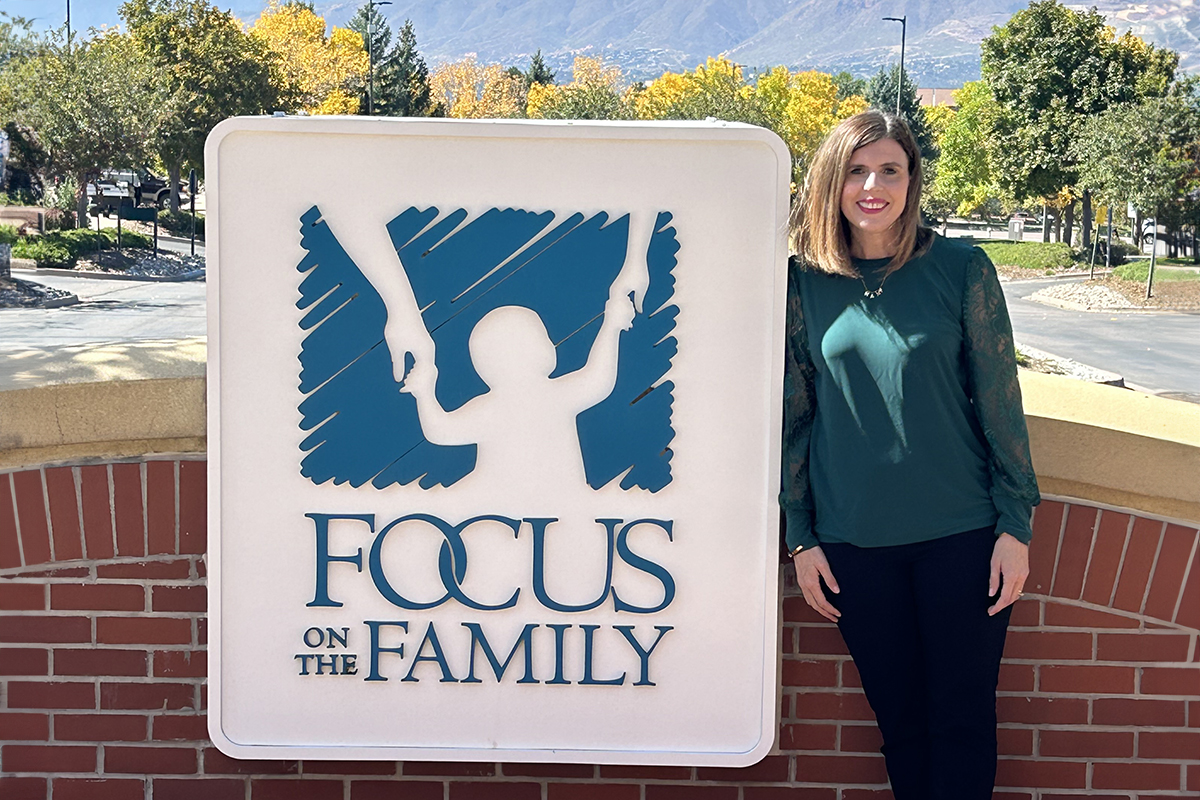
“Ultimately, we can be adopted into the family of God; we become sons and daughters of God by grace, through faith in Jesus Christ,” she said. “I just love that reminder that adoption is a reflection of God’s heart. It’s not to say that adoption is perfect. Adoption is tough, and it can have a lifelong impact on the biological parents as well as the adopted kids. Helping orphans does not always look like adoption, but sometimes it does. We really need to pursue adoption when God calls us to it.”
In the months following the book’s release, Shaler has had the opportunity to share its message in multiple interviews and speaking engagements, including with Focus on the Family, FamilyLife, and more.
“It’s been a bit surreal to get these opportunities to share about this topic in these places,” she said. “It’s really remarkable to be able to have that opportunity. I feel very helpful and blessed, and I pray that what I share brings great honor to God and that it sheds a positive light on adoption. I want this book to help all parents learn to do their very best for these children.”
“Loving Adopted Children Well” is Shaler’s third book, preceded by “Reclaiming Sanity: Hope and Healing for Trauma, Stress, and Overwhelming Life Events” (2017) and “Relational Reset: Unlearning the Habits that Hold You Back” (2019).
